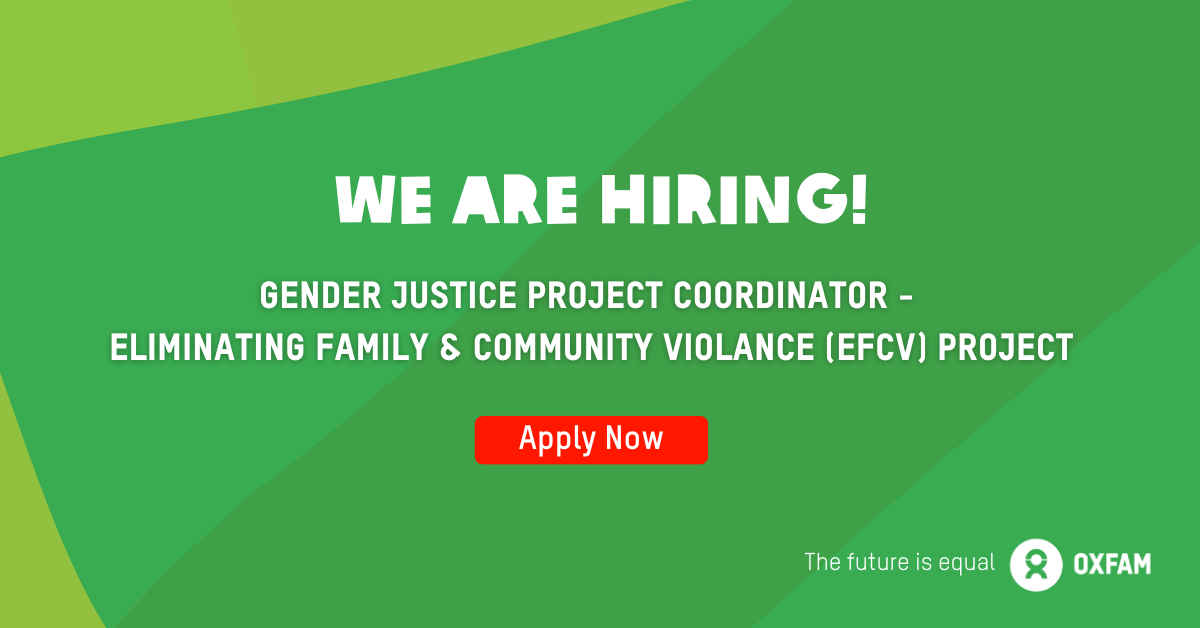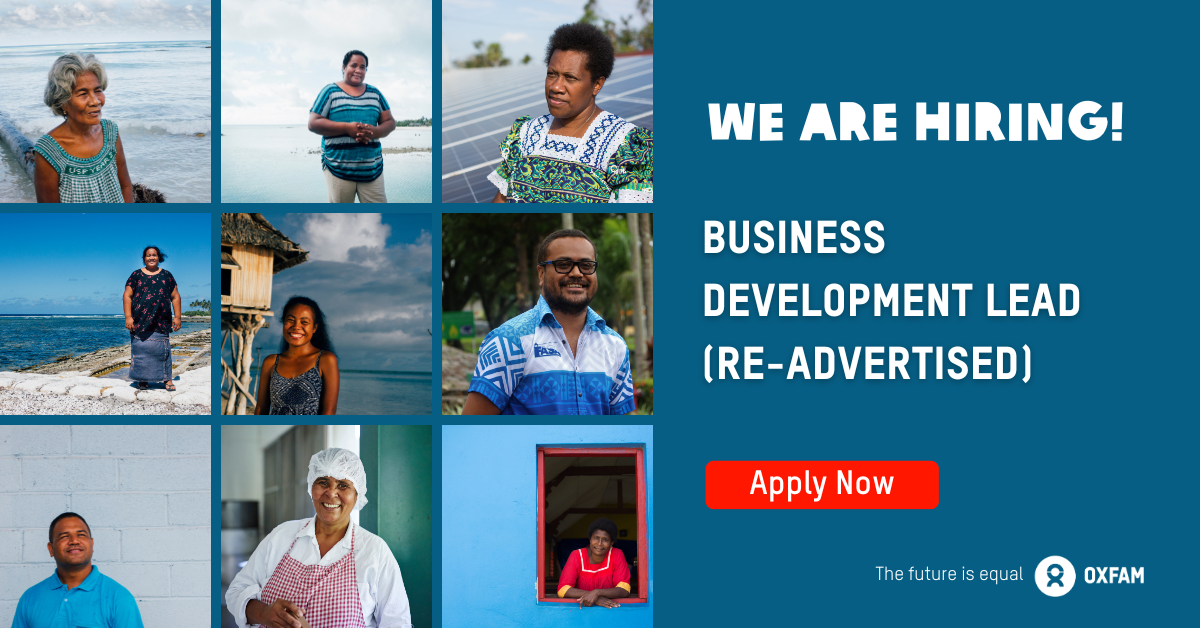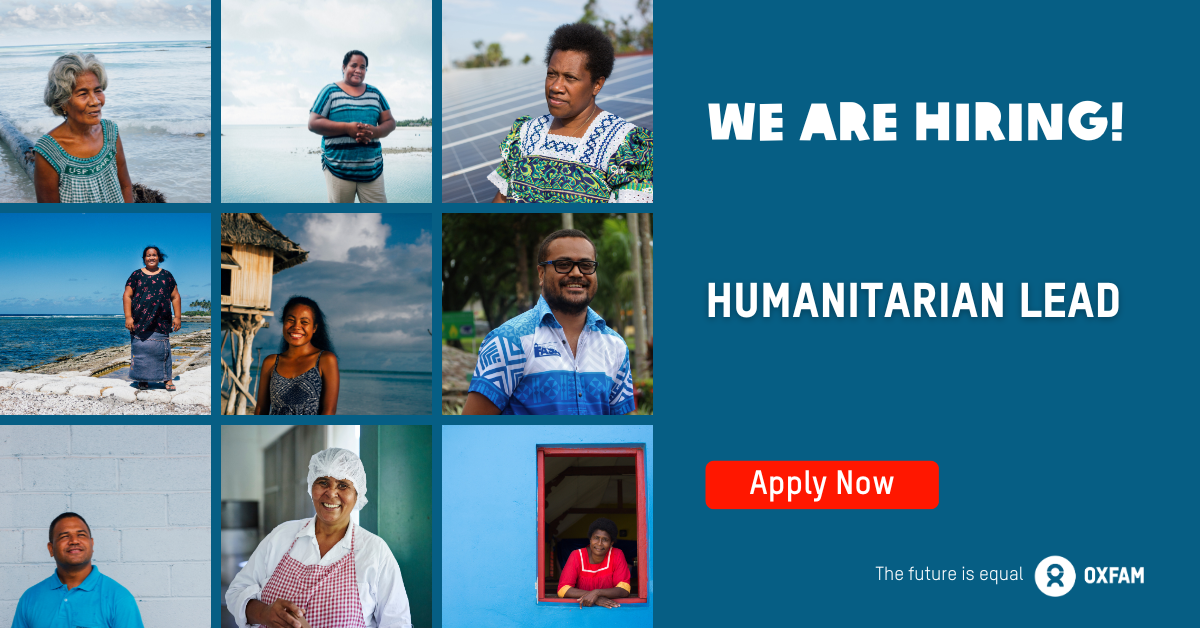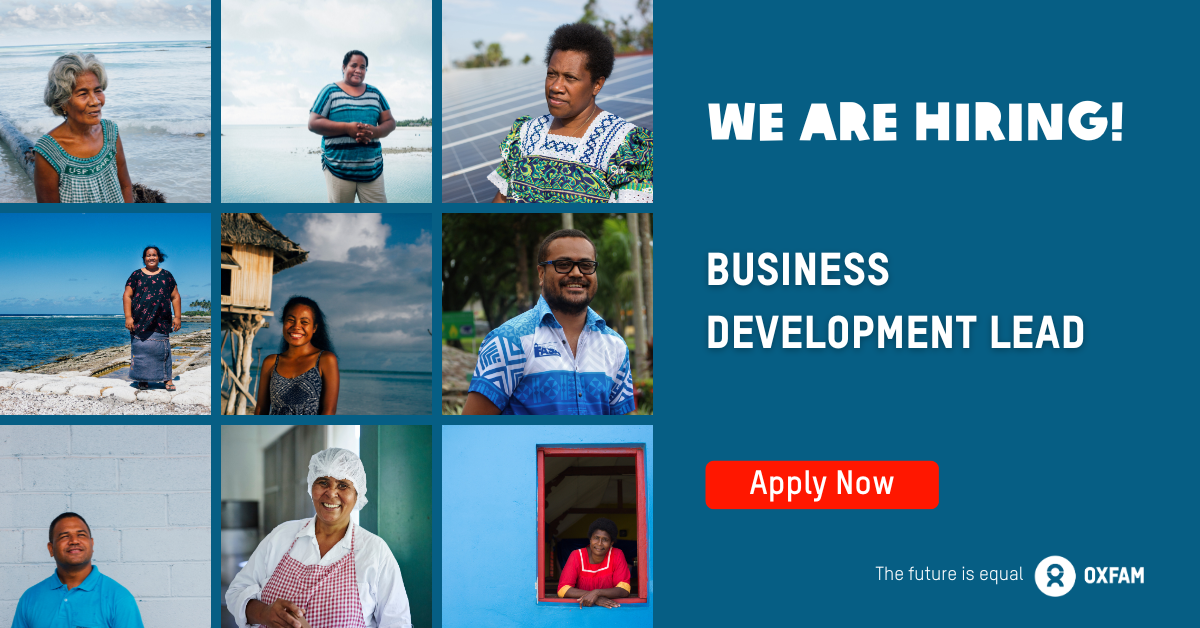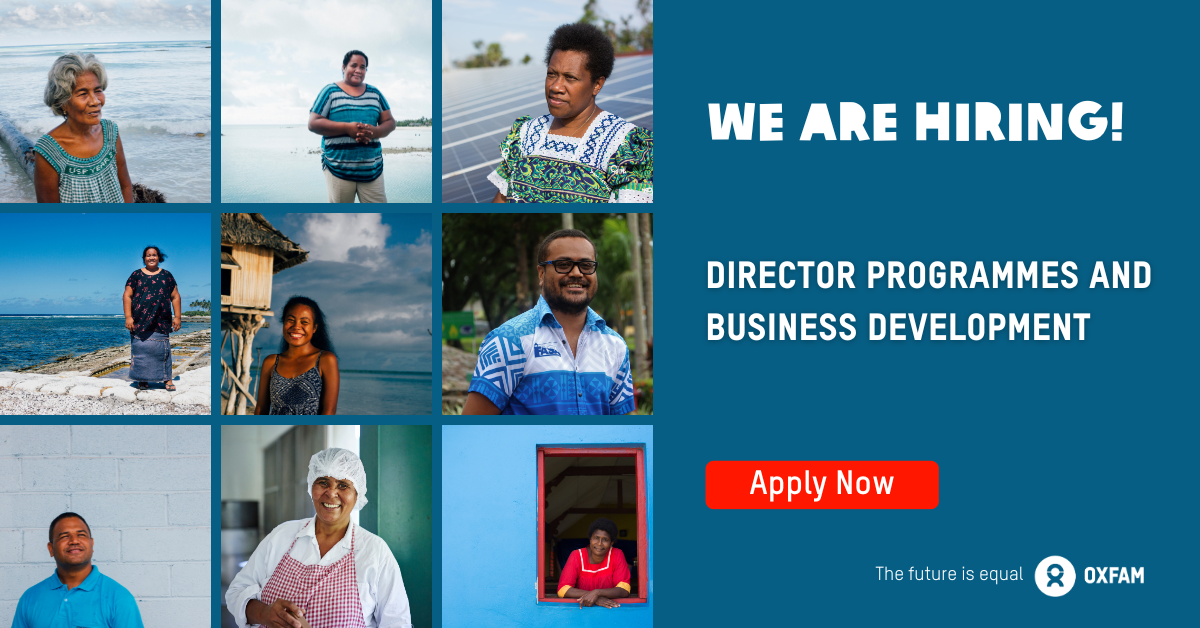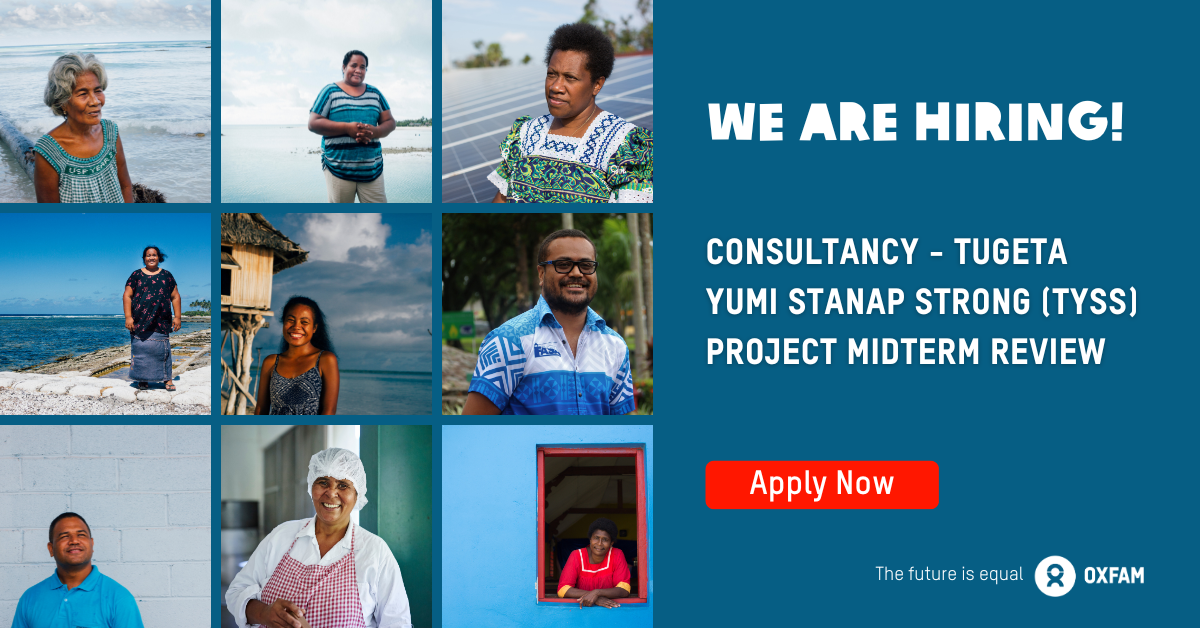The Pacific Network On Globalisation (PANG) is calling on Pacific civil society and individuals to support a petition that is calling on Pacific governments to ensure upcoming negotiations with the European Union support self-determined national and regional priorities.
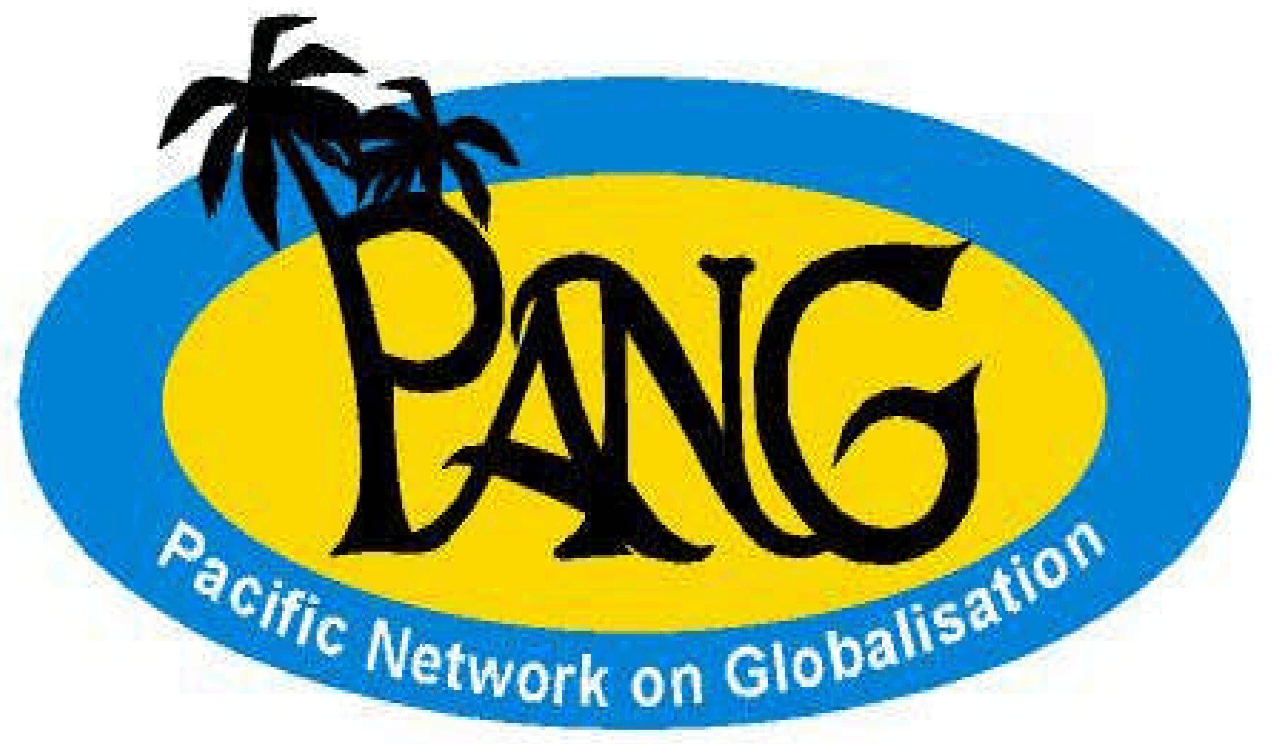
The petition calls to Pacific leaders to ensure that the upcoming negotiations on the relationship between Europe and the Pacific, known as the ‘Post-Cotonou’ negotiations, do not undermine regional priorities and are in the best interest of Pacific people.
“The Post-Cotonou negotiations will cover a wide range of issues and determine the future relationship between the Pacific and the EU for decades to come. The Pacific must resist any attempts to undermine its ability to determine its development, to do so it is essential that the views and concerns of Pacific civil society are included in the negotiations of any final outcome,” stated PANG’s Trade Justice Campaigner, Mr Adam Wolfenden.
Negotiations are set to start next month between the Africa Caribbean Pacific countries (known as the ACP) and the EU on a new, ongoing relationship that will cover trade, development, movement of people, aid and other aspects. The negotiations aim to replace the previous accord known as the Cotonou Partnership Agreement (CPA) that aimed to eradicate poverty and contribute to sustainable development.
The petition argues that “the EU is attempting to resurrect and extend the failed paradigm and agenda of the current CPA into the future relationship between ACP countries and the EU. The EU negotiating mandate continues to push for enhanced access and protection for European investors as well as undisturbed access to the natural resources in ACP countries – including for the Pacific fisheries and seabed minerals under the EU’s blue economy agenda”.
The Pacific and the EU have previously negotiated interim Economic Partnership Agreements (iEPAs), which Fiji and Papua New Guinea signed in 2007 in order to maintain access for their sugar and tinned fish exports. Samoa, coming off Least-Developed-Country graduation has signalled it will accede to the iEPAs as graduation will mean it loses EU market access without the iEPAs.
“Following the interim EPAs the ongoing negotiations for a comprehensive EPA have failed to resolve the many contentious issues. The failure to conclude is largely on account of the Pacific’s unwillingness to see the EU pursue trade negotiations that would have undermined the Pacific’s ability to manage its own fisheries” continued Mr Wolfenden.
The petition is calling on Pacific governments to deliver three outcomes:
On their long-standing obligation to our peoples of a vision and agenda for the inclusive, equitable and gender-sensitive transformation of our economies.
A Post-Cotonou outcome that supports self-determined national and regional imperatives, built primarily on their human and natural (including marine) resources, and in a manner that best equips our societies to meet the challenges of our times. Only this can serve as a meaningful frame of reference for future engagement with the EU (and other third-party countries).
To establish a structured mechanism to enable timely, effective and sustained participation by citizens and other stakeholders in the processes towards a post-Cotonou framework.
“We are calling on all Pacific civil society and people to join our voices to ensure that any future relationship with the European Union is on our terms and supporting our right to determine our own development,” concluded PANG’s Researcher, Ms Lice Cokanasiga.
The petition is open for signature at https://www.change.org/p/pacific-leaders-pacific-calls-for-equitable-and-transformative-relations-with-the-eu


